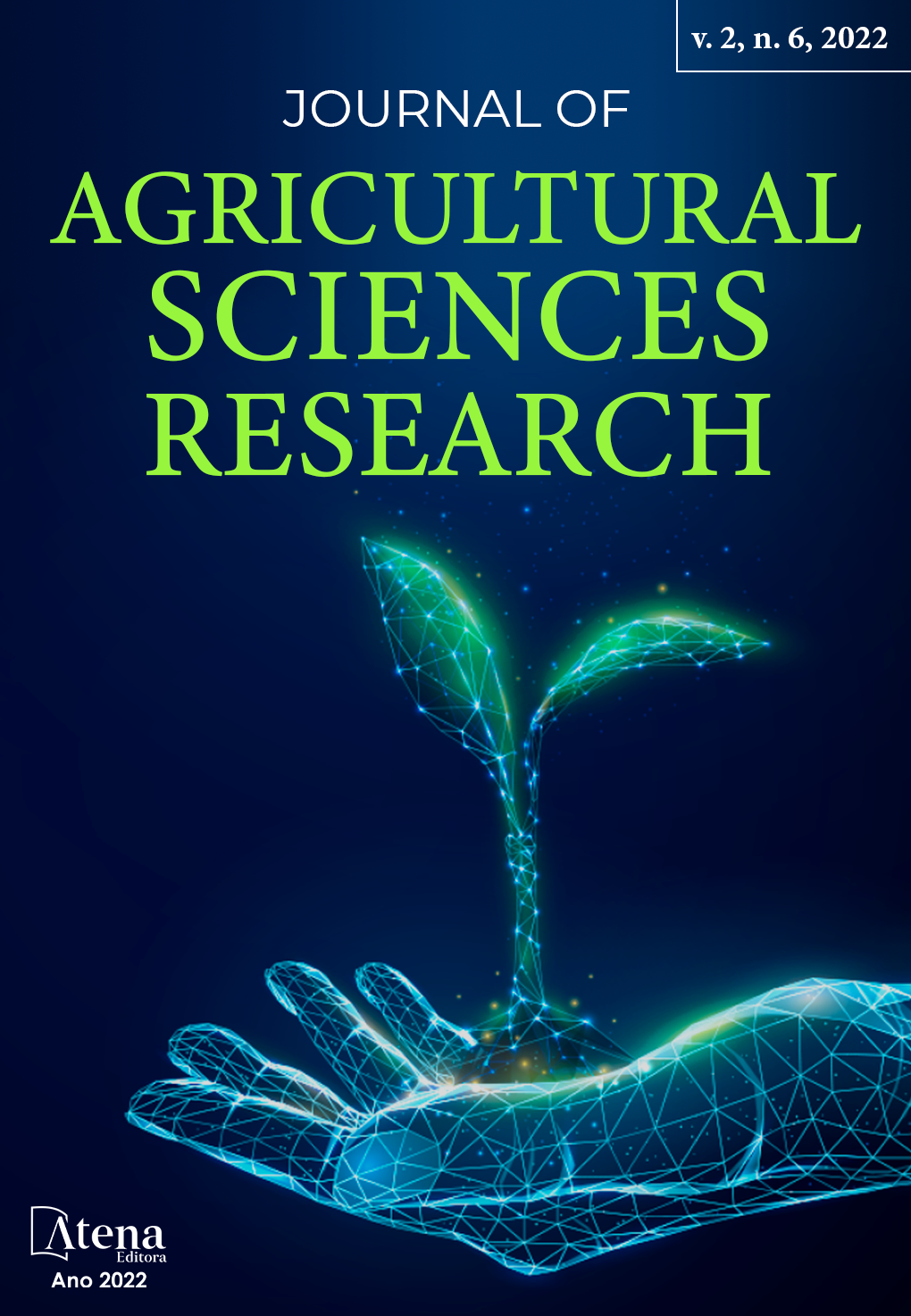
Modulating action from the extract of the glands salivary of the tick Ornithodoros brasiliensis (Acari: Argasidae) about some bacteria gram (-) e (+)
Arthropods have innate immunity that contributes considerably to an optimal defense mechanism, thus developing evolved responses against invasions by pathogenic microorganisms. Ticks are one of the most important groups of arthropods that are hematophagous parasites of domestic, wild and human animals. They belong to the subclass Acari of the class Arachnida, order Ixodida, and are distributed in three families: Argasidae, Ixodidae and Nuttalliellidae. Because they are vectors of diseases, there is a great concern when the vectorial capacity of ticks. During the period of hematophagy, ticks secrete saliva that contains pharmacologically bioactive molecules directed against hemostasis and the immune system to enable a long-lasting feeding without interrupting the host. Salivary glands are vital for the biological success of ticks, being one of the main routes of transmission of microorganisms to the host. However, in addition to the molecules that modulate the host's defense system, saliva may also contain molecules that promote the proliferation of some microorganisms in definitive hosts, making these hematophagous arthropods excellent vectors of pathogens. Neste contexto nos propusemos avaliar a atividade moduladora do Extrato das In this context, we proposed to evaluate the modulatory activity of the Salivary Gland Extract (EGS) Salivary glands (EGS) of the tick Ornithodoros brasiliensis (Acari:Argasidaeabout some pathogenic bacteria or not. Therefore, the modulatory activity of EGS was tested on four Gram-positive bacteria: Staphylococcus aureus, Micrococcus luteus, Bacillus megaterium, Staphylococcus epidermidis, and four Gram-negatives: Escherichia coli, Salmonella enterica arizonae, Enterobacter cloacae, Serratia marcescens, the liquid inhibition assay was used as described by Bulet et al. (1993).
The reaction was evaluated by absorbance at 595 nm. Our results showed that EGS (at different concentrations) was able to promote cell proliferation in four of the studied strains, two showed growth inhibition and two others remained unchanged. It was concluded that EGS was able to promote some type of modification in both bacterial proliferation and inhibition in six of the eight microorganisms studied.
Modulating action from the extract of the glands salivary of the tick Ornithodoros brasiliensis (Acari: Argasidae) about some bacteria gram (-) e (+)
-
DOI: 10.22533/at.ed.973262216067
-
Palavras-chave: Tick, epidemiological vector, Ornithodoros brasiliensis X salivary gland extract, gram-positive bacterium X Bacilius megaterium, gram-negative bacterium X Enterobacter cloacae, atividade moduladora.
-
Keywords: Tick, epidemiological vector, Ornithodoros brasiliensis X salivary gland extract, gram-positive bacterium X Bacilius megaterium, gram-negative bacterium X Enterobacter cloacae, atividade moduladora.
-
Abstract:
Arthropods have innate immunity that contributes considerably to an optimal defense mechanism, thus developing evolved responses against invasions by pathogenic microorganisms. Ticks are one of the most important groups of arthropods that are hematophagous parasites of domestic, wild and human animals. They belong to the subclass Acari of the class Arachnida, order Ixodida, and are distributed in three families: Argasidae, Ixodidae and Nuttalliellidae. Because they are vectors of diseases, there is a great concern when the vectorial capacity of ticks. During the period of hematophagy, ticks secrete saliva that contains pharmacologically bioactive molecules directed against hemostasis and the immune system to enable a long-lasting feeding without interrupting the host. Salivary glands are vital for the biological success of ticks, being one of the main routes of transmission of microorganisms to the host. However, in addition to the molecules that modulate the host's defense system, saliva may also contain molecules that promote the proliferation of some microorganisms in definitive hosts, making these hematophagous arthropods excellent vectors of pathogens. Neste contexto nos propusemos avaliar a atividade moduladora do Extrato das In this context, we proposed to evaluate the modulatory activity of the Salivary Gland Extract (EGS) Salivary glands (EGS) of the tick Ornithodoros brasiliensis (Acari:Argasidaeabout some pathogenic bacteria or not. Therefore, the modulatory activity of EGS was tested on four Gram-positive bacteria: Staphylococcus aureus, Micrococcus luteus, Bacillus megaterium, Staphylococcus epidermidis, and four Gram-negatives: Escherichia coli, Salmonella enterica arizonae, Enterobacter cloacae, Serratia marcescens, the liquid inhibition assay was used as described by Bulet et al. (1993).
The reaction was evaluated by absorbance at 595 nm. Our results showed that EGS (at different concentrations) was able to promote cell proliferation in four of the studied strains, two showed growth inhibition and two others remained unchanged. It was concluded that EGS was able to promote some type of modification in both bacterial proliferation and inhibition in six of the eight microorganisms studied.
-
Número de páginas: 12
- Simone Michaela Simons
- Samantha Nogueira Quaresma


